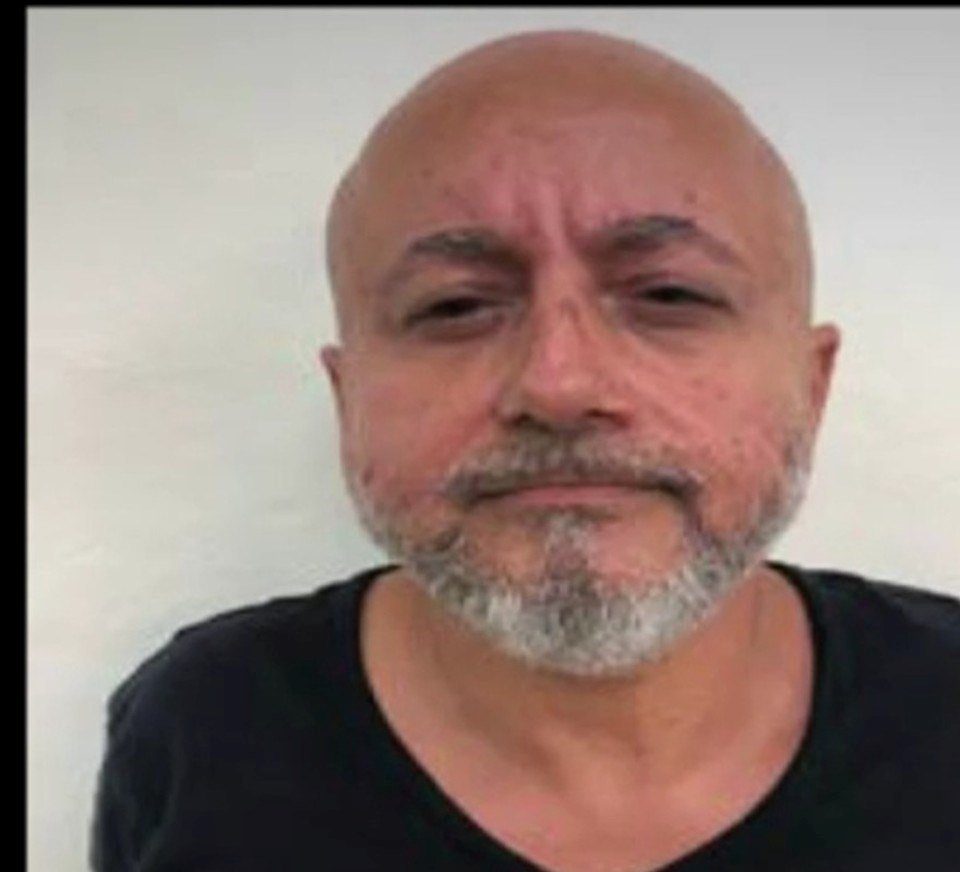A Barrie fraudster has been granted day parole a year after being sentenced to a seven-year sentence which was reduced to four years, three months and 19 days.
Charles DeBono, 64, bilked hundreds of investors across Canada and elsewhere out of millions of dollars through a fake point-of-sale terminal ownership program. He pleaded guilty to fraud over $5,000 and laundering money and was given credit for pre-trial custody.
In addition to serving time, DeBono was ordered to pay $26.9 million in restitution within five years of being released from prison. He will serve another seven-year sentence if he defaults on paying up.
A Parole Board of Canada panel decided last month to follow a recommendation by the Correctional Service of Canada by granting day parole but denying him full parole. DeBono has been assigned to an unnamed community-based residential facility, pending bed space availability, for six months where he plans to find work. He is to abide by a series of conditions including that he not be in a position of responsibility for the management of finances or investments for any other individual or organization and provide documentation about his finances monthly.
Although the parole board determined that there have been no issues during the past year, the panel did point out some concerns.
“While you took ownership of your offending, and recognized the selfishness and greed that drove your behaviour, you lacked insight into how you benefited and were unrealistic regarding how you would manage the significant reduction in your standard of living. You described your lifestyle during the offending as 'modest' by your standards, despite owning multiple properties, cars, a hotel, sea-doos, and more than a dozen condominiums. You felt you lived somewhat of a 'simple life.' The Board finds this cognitive distortion concerning especially as it relates to how realistic your release plans are,” the panel wrote.
DeBono set up KIS Media Ventures in 2012, which served as an umbrella organization for illicit companies, including Debit Direct and Business Partners Ventures Inc. The elaborate organization was based out of the back of a Barrie garage and used virtual office space at First Canadian Place in Toronto.
Agents, believing they were selling a legitimate business opportunity, were employed to go to trade and franchise shows across the country to sell investments in a point-of-sale terminal ownership program in what police said was nothing more than a Ponzi scheme.
When banks started shutting him down in 2017, DeBono fled to the Dominican Republic with millions of dollars as well as hundreds of thousands of dollars worth of cars and other assets.
About 515 people, mostly in Canada but also in Nigeria, lost a combined $29 million between 2012 and 2017, leading some to lose their life savings and retirement incomes.
DeBono had managed to transfer $12.2 million to the Dominican Republic in bank drafts and cables. The money was then moved to his accounts there as well as to accounts of associates.
In the Dominican, his wife’s home country, he invested in a hotel, homes and dozens of condos.
He also used the money toward the purchase of two million-dollar townhouses in Richmond Hill.
DeBono was arrested in the Dominican Republic during the height of the pandemic in September 2020 and was found to be carrying fake identification for the Dominican Republic and Guatemala. Upon his arrest there he told police they’d have to kill him before he would go back to Canada.
Police seized nearly $1 million and another $300,000 (US). They were also able to restrain a syndicated mortgage investment in Milton totalling $875,000.
“While your index offences are serious and marks a significant escalation in the scale of your offending, your limited criminal involvement is a mitigating factor. You have a significant crime-free period, which suggests your ability to live a law-abiding life,” the parole board wrote in its June 28 decision.
But the report indicates he’s not taken the initiative to seek out voluntary programming, focusing instead on “self-directed reflection through spirituality.”
As to the millions of dollars he must repay, DeBono told the panel he plans to liquidate some of his overseas assets and if that doesn’t work he’ll just go back to prison. The panel found the response “unrealistic and lacking in insight given your past decision to flee the country" but still believed the conditions imposed would “manage this concern in keeping with the principle of least restrictive means.”
